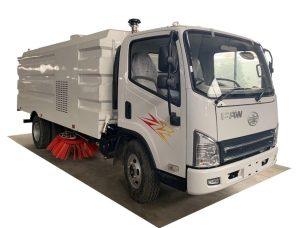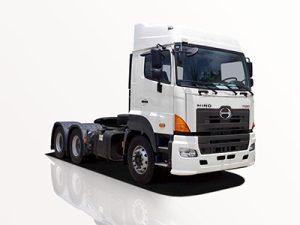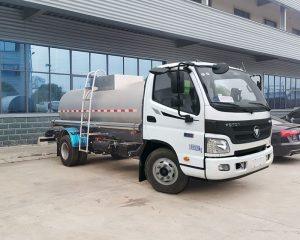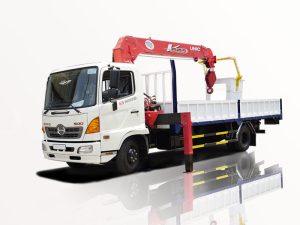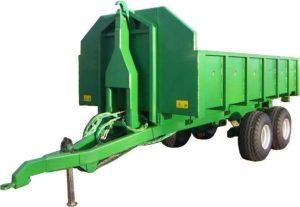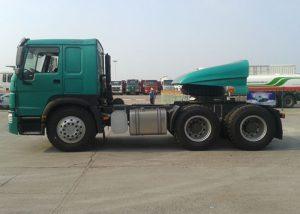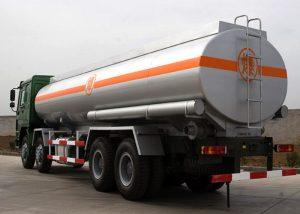Monday to Saturday - 8:00 -17:30
Boat Fire Extinguishers: Essential Safety Gear for Every Boater
When it comes to enjoying a day on the water, safety often takes a back seat to fun and adventure. However, one crucial piece of equipment that every boater must prioritize is the boat fire extinguisher. In this comprehensive guide, we’ll explore everything you need to know about fire extinguishers for boats, including types, selection, maintenance, and essential safety tips. Read on to ensure you are fully equipped to handle fire emergencies on board.
Understanding the Importance of Boat Fire Extinguishers
Fires on boats can be devastating, leading to loss of life, damage to property, and environmental harm. Whether due to electrical malfunctions, fuel leaks, or galley mishaps, the potential for fire onboard is ever-present. Having a boat fire extinguisher is not just a legal requirement in many regions; it is a critical component of onboard safety. Protect your vessel and crew by understanding the importance of fire safety measures.
Types of Boat Fire Extinguishers
1. ABC Fire Extinguishers
ABC fire extinguishers are the most versatile type available and are effective against common fire types:
- A: Combustibles like wood, paper, and cloth.
- B: Flammable liquids such as gasoline and oil.
- C: Electrical fires.
2. CO2 Fire Extinguishers
Carbon dioxide (CO2) extinguishers are effective for electrical fires and flammable liquids. They work by displacing oxygen and can be a suitable option for engine compartments.
3. Foam Fire Extinguishers
These extinguishers are designed for flammable liquid fires. They create a barrier that prevents reinvigoration of the fire. Foam extinguishers are particularly useful for boaters dealing with fuel fires.
4. Water Mist Fire Extinguishers
Water mist extinguishers can be used on Class A and B fires. They work well in a marine environment, as the mist cools down the fire without damaging the boat’s electrical systems.
Choosing the Correct Fire Extinguisher for Your Boat
Factors to Consider
When selecting a fire extinguisher for your boat, consider the following:
- Type of Boat: Different types of boats (sailboats, motorboats, etc.) may have unique requirements.
- Size and Capacity: Larger boats may require multiple extinguishers or larger capacity units.
- Storage Space: Ensure that the extinguisher can be stored conveniently and securely aboard.
- Weight: Lightweight extinguishers are easier to handle.
Compliance with Regulations
Check local regulations regarding fire extinguisher types, quantities, and locations required on boats. The U.S. Coast Guard and other maritime organizations provide guidelines that must be adhered to for your safety and legal compliance.
Placement and Accessibility
Optimal Locations for Fire Extinguishers
The placement of fire extinguishers is critical. Here are optimal locations for quick access:
- Near the Galley: This is where most cooking fires occur.
- In the Engine Compartment: A mounted extinguisher specifically designed for this area is advised.
- At the Helm: Accessibility from the driving position is essential.
Visibility and Signage
Ensure that extinguishers are visible and marked with signs. Brightly colored harnesses or holders can enhance visibility, allowing quick action during emergencies.
Maintenance of Boat Fire Extinguishers
Regular Inspection Schedule
Here’s a practical maintenance checklist for your fire extinguishers:
| Task | Frequency |
|---|---|
| Visual Inspection | Monthly |
| Check Pressure Gauge | Monthly |
| Professional Servicing | Annually |
Signs of Damage or Disrepair
Be vigilant for any signs of damage such as:
- Corrosion or rust.
- Cracked or broken seals.
- Defective pressure gauge.
How to Use a Fire Extinguisher: The PASS Technique
Step-by-Step Guide
The PASS technique simplifies the process of using a fire extinguisher:
- P: Pull the pin to break the tamper seal.
- A: Aim low at the base of the fire.
- S: Squeeze the handle to discharge the extinguisher.
- S: Sweep from side to side until the fire is out.
When to Use a Fire Extinguisher
It’s crucial to assess the situation before attempting to use a fire extinguisher. Use it if:
- The fire is small and contained.
- You have an escape route behind you.
- You are trained and confident in using the extinguisher.
Common Causes of Fires on Boats
1. Electrical Failures
Wiring issues are a frequent cause of boat fires. Regular checks can help minimize risks.
2. Fuel Leaks
Fuel vapors can ignite easily, so keep all fuel systems maintained and check for leaks frequently.
3. Cooking Equipment
Stove fires can occur due to improperly monitored cooking. It’s essential to follow safe cooking practices on board.
Real-Life Examples of Boat Fires and Lessons Learned
Case Study 1: The Sailboat Inferno
A sailor reported a fire breaking out in the galley due to an unattended stove. Fortunately, the crew had an ABC fire extinguisher accessible and managed to put out the fire before it spread.
Lesson: Always have a fire extinguisher near the cooking area and never leave food unattended.
Case Study 2: The Engine Room Disaster
In another incident, a fire erupted in the engine compartment of a motorboat due to poor maintenance. The owner did not have a suitable extinguisher positioned in that area.
Lesson: Regular maintenance checks and having the right fire extinguisher in the engine room are essential.
Fire Safety Training for Boaters
Taking a Fire Safety Course
Consider enrolling in a fire safety course specific to boating. Knowledge about fire prevention, extinguisher use, and emergency procedures can save lives. Local maritime organizations often offer classes.
Practicing Emergency Drills
Conduct regular safety drills with your crew to practice using extinguishers and to simulate fire situations. This preparation can instill confidence and improve response times in an actual emergency.
Frequently Asked Questions (FAQ)
1. How many fire extinguishers do I need on my boat?
The number of extinguishers required depends on the boat size and type. Generally, larger vessels require more extinguishers in various locations.
2. Can I use a regular fire extinguisher on a boat?
While regular extinguishers can work, it is recommended to use marine-grade extinguishers designed for the marine environment.
3. How often should I replace my fire extinguisher?
Replace your fire extinguisher if it shows signs of damage, if it has been discharged, or after its expiration date, which is typically 5-15 years depending on the type.
4. Are fire extinguishers required on all boats?
Yes, fire extinguishers are required on nearly all recreational boats, although specific regulations can vary by state and type of vessel.
5. Where can I buy a boat fire extinguisher?
You can purchase fire extinguishers at marine supply stores, online retailers, and even some big-box stores. Ensure you check for marine-grade extinguishers.
6. What should I do if a fire breaks out on my boat?
If a fire breaks out, ensure you have an escape route, activate the fire extinguisher if safe to do so, and call for help immediately while evacuating if necessary.


